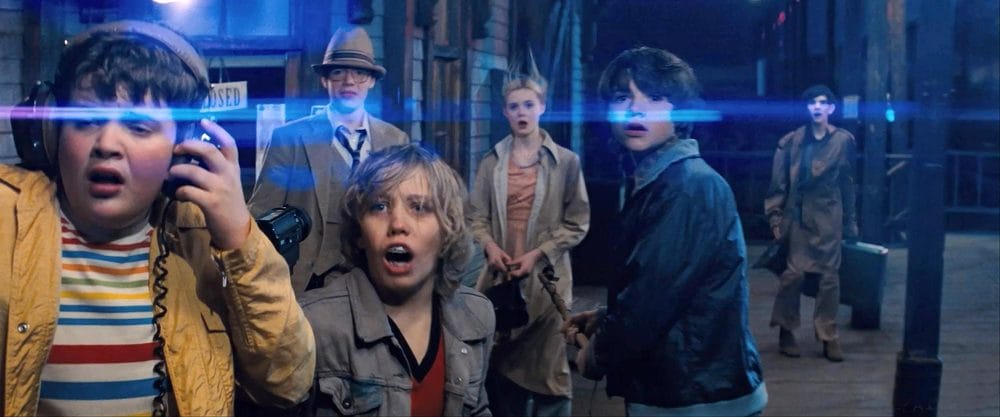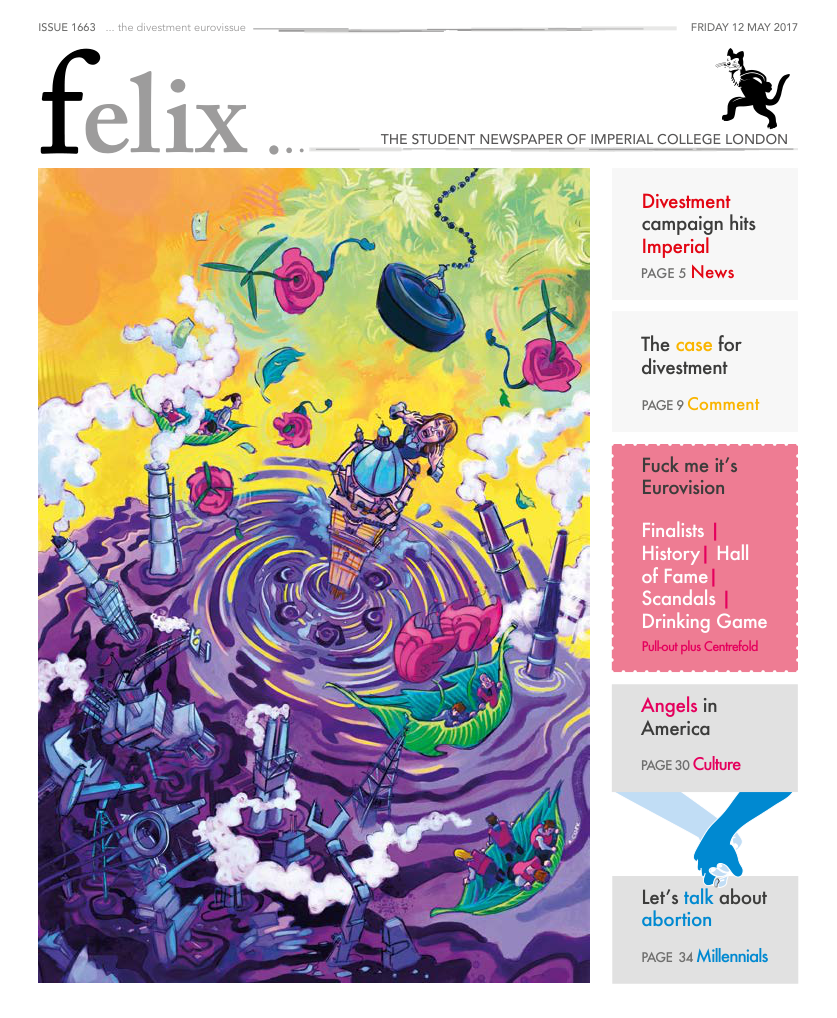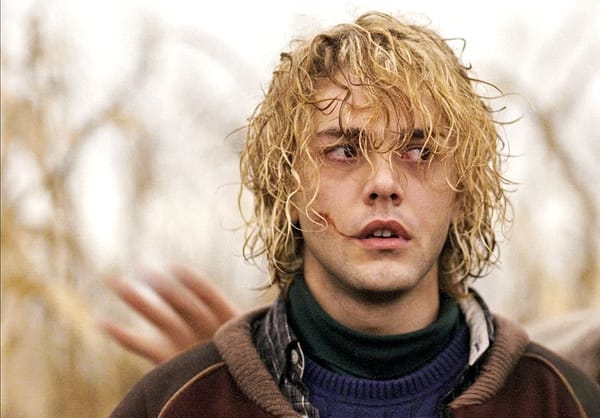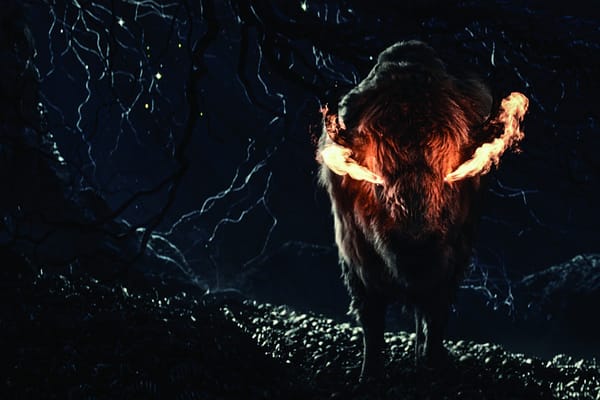Modern Classics of Cinema | Super 8
More than just an homage to early Spielberg films, J.J. Abram’s 2011 sci-fi adventure film Super 8 explores the relationships between families, and the tricky navigation teenagers must face as they start to leave childhood behind

J. J. Abrams’ sci-fi adventure Super 8 is a poetic tribute to early Spielberg films, taking us down the avenue of their childhood memories: shooting action films with neighbourhood friends on an 8mm format camera – known as the Super 8, it was first marketed in the 60’s as a user-friendly sound-recording camera. The film’s beautiful visuals are hard to ignore and coupled with an emotionally-stirring storyline, Super 8 succeeds in becoming more than a mere homage to Spielberg.
(A fair bit of warning to readers, like myself, inexperienced in 70’s filmmaking – the title may evoke a picture of eight kids with superpowers teaming up to destroy a common threat – which is something I wish I could say had never crossed my mind prior to watching – damn those superhero movies! If it does, promptly pull it out of your brain and head to the nearest bin for disposal.)
Set in 1979, in the rural town of Lillian, Ohio, Super 8 centers around a group of 14-year-old kids who share a love for filmmaking. Joe (Joel Courtney), having recently lost his mother in a local mill accident, copes by escaping into his hobbies: painting plastic train models and making zombie films. His friend, Charles (Riley Griffiths), the amateur director of the apocalyptical film they’re making, is opportunistic and has an eye for things that have “production value!”, which brings the group along to a deserted train station one night to shoot a scene. Trouble looms as they find themselves in the middle of a massive train derailment, marking the start of the emerging terror that besets the town: people in Lillian go missing, along with their dogs and electrical appliances, compelling an electronics saleswoman to proclaim, “this feels like a Russian invasion!” – an allusion to the rising tension with the Soviet Union as the Cold War was entering new heights.
The kids form a search-and-rescue mission in secret as they attempt to locate a missing group member. The shroud of mystery surrounding the town’s growing threat is lifted when the kids stumble upon their school teacher’s belongings in his ‘dungeon’. A series of events following their discovery, alternating between disaster and serendipity, culminates in its conclusion – a spectacular show of affection between the kids and their parents, whose accompanying orchestral music by Michael Giacchino (who won an Oscar for his score in Up) manages to impose a quiet weeping session on this particular reviewer.
Through the course of their adventure, the nature of Joe and Charles’ relationship changes as Joe, in the style of Todd Anderson in Dead Poets Society, breaks his cocoon of shyness and subservience and morphs into a more assertive and gritty persona. The movie’s intimate and human facet slowly unfolds as Joe and Alice (Elle Fanning), a school friend playing the detective’s wife in the zombie thriller they’re filming, discover they have more in common than just tender feelings for each other – they both suffer from lack of love and emotional understanding from their single fathers. Joe, like Alice, endures constant arguments with his dad, a deputy sheriff who copes with the loss of his wife by throwing himself into his job. In one particularly heartbreaking scene Joe and his dad have an emotional row at home, and his dad’s seemingly apathetic demeanour reaffirms the notion that he’s unfit for the role of a father. Scratch the veneer of the town’s mysterious goings-on, and the worried lives of a few Lillian residents becomes perceptible, with many touching scenes setting the tone for a film that deals with themes of forgiveness and letting go.
Super 8 is filled with cultural remnants from the 1970’s, like the Walkman cassette player and Blondie’s ‘Heart of Glass’, just in case the viewer wasn’t watching the film keenly enough to notice the characters dressed in unmistakably 70’s-fashioned clothes and driving 70’s-period cars, not to mention the liberal culture around recreational substances at the time (“You wanna buy some pot?”, a storekeeper asks Charles at one point). It feels like J. J. Abrams is paying tribute to a lot more than just old Spielberg movies, but rather sentimentally to the 1970’s as a whole.
Emotionally driven at its heart, Super 8 – like Spielberg’s E.T. and A.I. Artificial Intelligence – manages to convince viewers to exert sympathy on the characters and to care about what happens to them. Joe and Alice’s parental loss and familial conflicts are narrated in such a way that you wish you were there to tell them everything’s going to be alright – although the lack of a rule dictating someone’s life will get better in the long run means this is poor consolation. Boiled down to its melancholic essence, Super 8 whispers a faint message about letting go of a loved one and feelings of resentment – a whisper loud enough for you to hear and take home the message.









